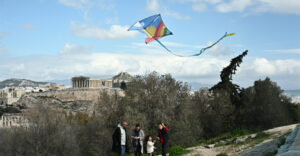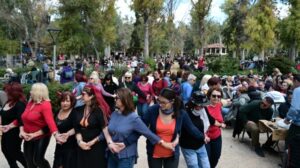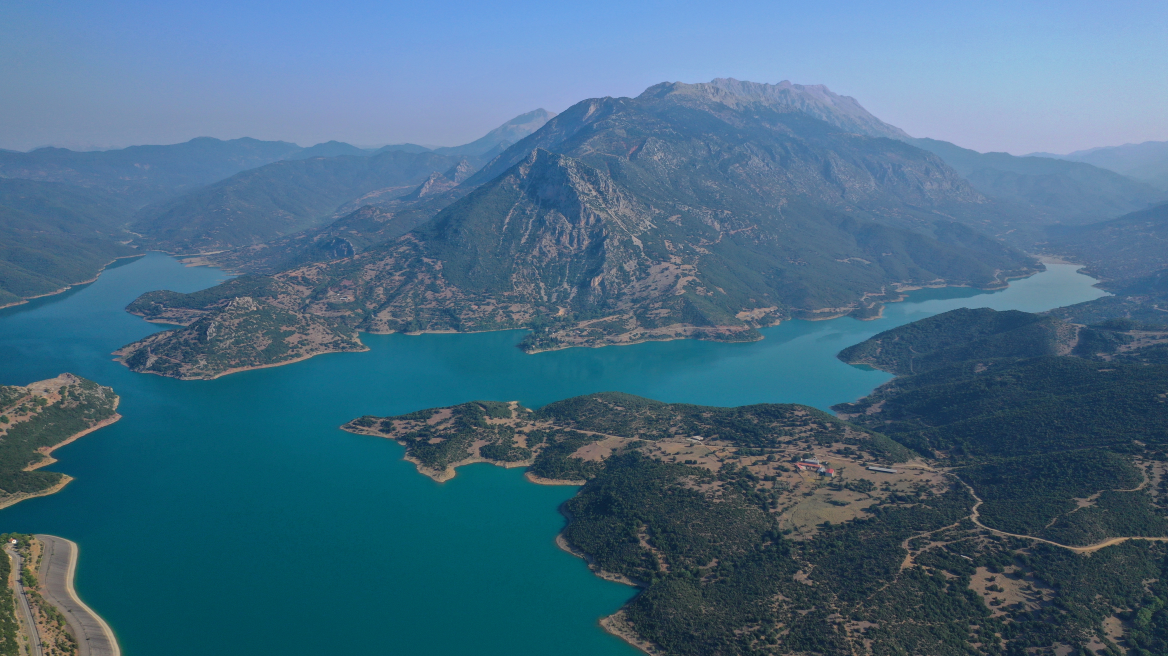Archaeological excavations in the ancient city of Kythnos, located where today’s Vryocatsro is, brought to light significant finds that suggest the area was inhabited uninterruptedly from the 3rd Millenium BC.

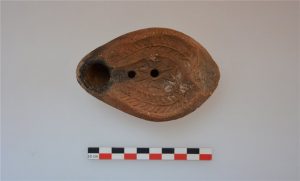
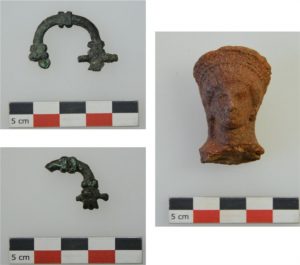
The collaborative effort was carried out by the Department of Archeology of the Department of History, Archeology, and Social Anthropology of the University of Thessaly and the Cyclades Antiquities Ephorate of the Ministry of Culture and Sports.
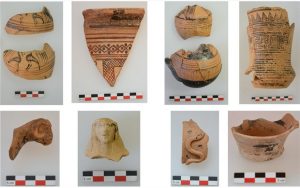
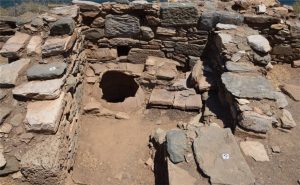
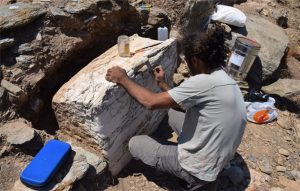
The place has been inhabited continuously from the 12th century BC to the 7th century AD, while there are no clear indications for the presence of a Cycladic settlement of the 3rd millennium BC.
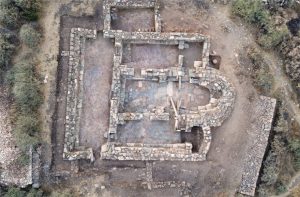
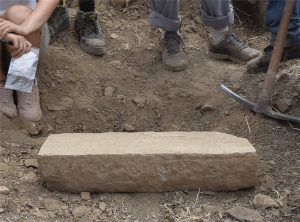
The works focused on the three areas where digs have been ongoing since 2018: the monumental sanctuary of the geometric-classical times, the elongated Building 2 of late antiquity, and the three-aisled early Byzantine basilica.
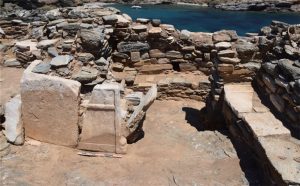
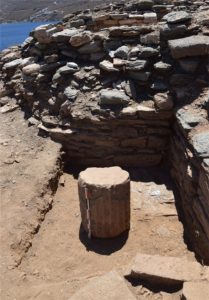
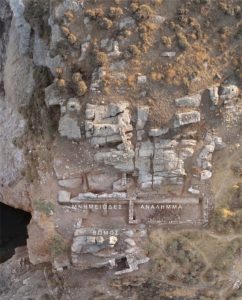
The initial phase of the fortifications and the sites seems to date back to at least the Archaic period, but the in-depth research to clarify the phases of the building complex could not be carried out this year. Approximately in the middle of the length of the complex (Room H) an entrance gate was revealed, accessible through a wall. Inside, next to the entrance, there is a small room with a storage pit, and next to it a food preparation area. Nearby, inside the walled area, a tank/cistern was discovered, similar to those of Vryokastro.

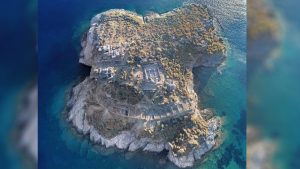
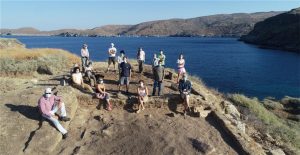
The excavation program is carried out under the direction of Professor of Classical Archeology Alexandros Mazarakis Ainianos and the Superintendent of Cyclades Antiquities Dr. Dimitris Athanasoulis. Due to the circumstances, a small number of postgraduate students and graduates of archeology from the Universities of Thessaly, National and Kapodistrian University of Athens (EKPA), Aristotle University of Thessaloniki, Ioannina, and Paris 4 participated in the research. The research was financially supported this year by the University of Thessaly, the General Secretariat of the Aegean and Island Policy, and with the sponsorship of Mr. Thanassis Martinou. The Municipality of Kythnos granted this year the Primary School of Chora for the needs of the program. The Captain of the “Marble Express” provided ferry tickets to the members of the research team.
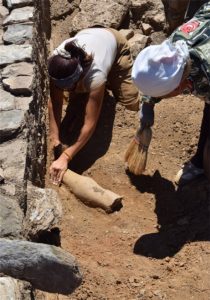
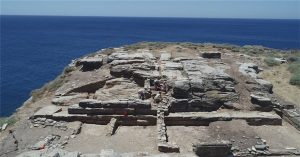
Ask me anything
Explore related questions



